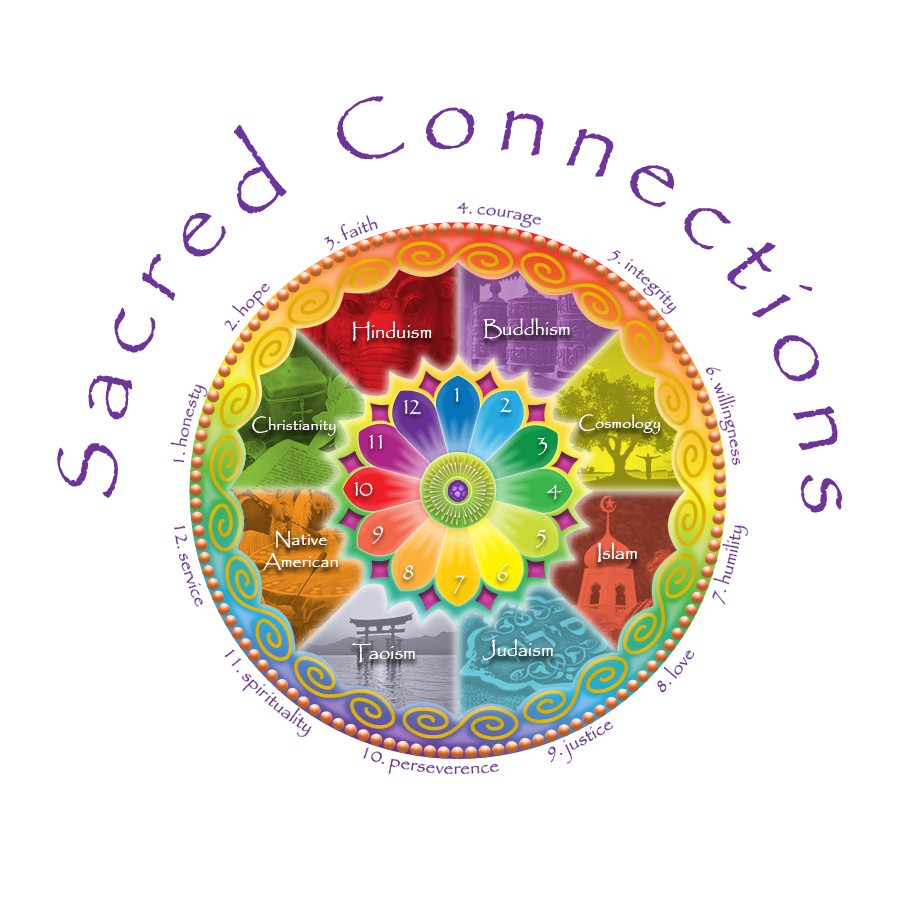Spirituality and Addiction
Freedom to Choose Life and Love (Blog) Wednesday, November 17, 2021
Fr. Richard Rohr, OFM
Author and psychotherapist Gerald May (1940–2005) was a friend and early mentor of Father Richard. In this passage, May explores how addiction keeps us from living with the full love and freedom for which we were created:
It seems to me that free will is given to us for a purpose: so that we may choose freely, without coercion or manipulation, to love God in return, and to love one another in a similarly perfect way. This is the deepest desire of our hearts. In other words, our creation is by love, in love, and for love. It is both our birthright and our authentic destiny to participate fully in this creative loving, and freedom of will is essential for our participation to occur.
But our freedom is not complete. Working against it is the powerful force of addiction. Psychologically, addiction uses up desire. It is like a psychic malignancy, sucking our life energy into specific obsessions and compulsions, leaving less and less energy available for other people and other pursuits. Spiritually, addiction is a deep-seated form of idolatry. The objects of our addictions become our false gods. These are what we worship, what we attend to, where we give our time and energy, instead of love. Addiction, then, displaces and supplants God’s love as the source and object of our deepest true desire. . . .
For me, the energy of our basic desire for God is the human spirit, planted within us and nourished endlessly by the Holy Spirit of God. In this light, the spiritual significance of addiction is not just that we lose freedom through attachment to things, nor even that things so easily become our ultimate concerns. Of much more importance is that we try to fulfill our longing for
God through objects of attachment. For example, God wants to be our perfect lover, but instead we seek perfection in human relationships and are disappointed when our lovers [Richard: or parents, children, and churches] cannot love us perfectly. God wants to provide our ultimate security, but we seek our safety in power and possessions and then find we must continually
worry about them. We seek satisfaction of our spiritual longing in a host of ways that may have very little to do with God. And, sooner or later, we are disappointed.
Father Richard puts it this way:
After a few years in recovery, we will know that our deep and insatiable desiring was for God all along. We went on a bit of a detour, looked for love in all the wrong places, and now have found what we really wanted anyway. God is willing to wait for that. Like Jacob at the foot of his dreamy ladder, where angels walk between heaven and earth, we will lay our head on even a stone pillow and say, “You were here all the time, and I never knew it! . . . This is nothing less than the house of God, this is the very gate of heaven” (Genesis 28:16–17). [1]
References:
[1] Richard Rohr, Breathing Under Water: Spirituality and the Twelve Steps (Franciscan Media: 2011, 2021), 61.
Gerald G. May, Addiction and Grace (HarperSanFrancisco: 1991), 13, 92–93.


